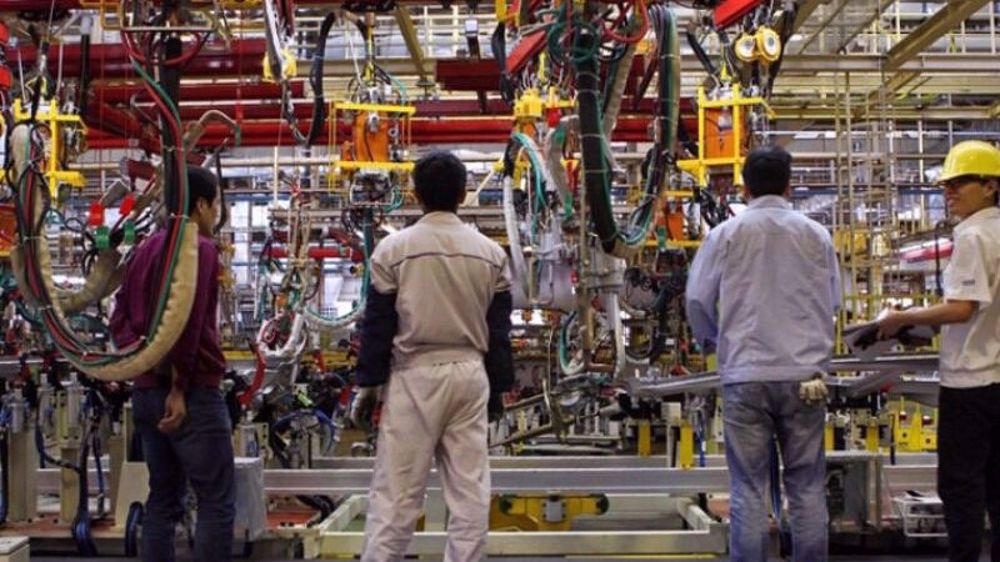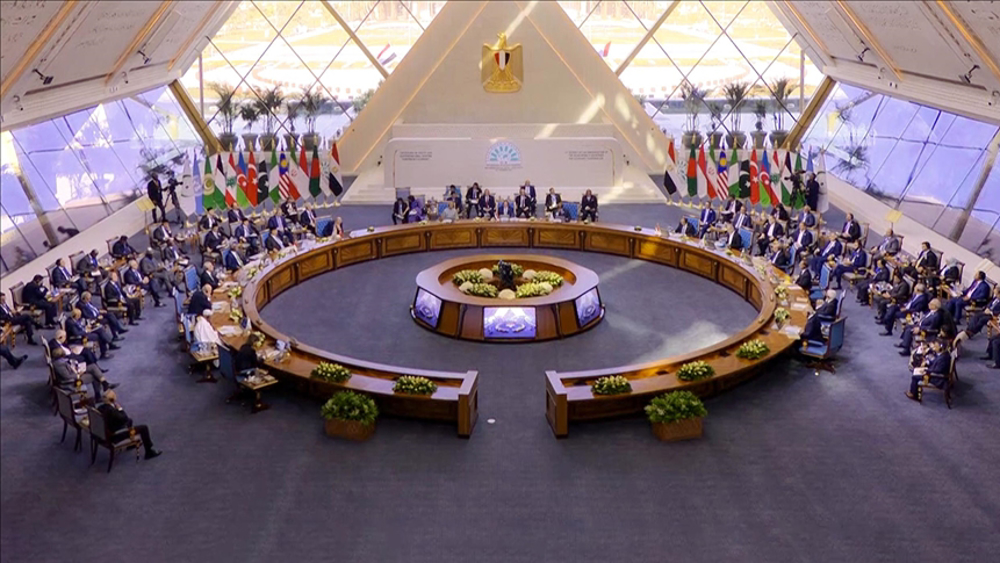Iran bans imports of Saudi products
Iran announced on Thursday that it has imposed a total ban on imports on any product which is originated in Saudi Arabia until a further notice.
The ban was approved by a virtue of a bill that was raised and discussed in an extraordinary cabinet meeting led by President Hassan Rouhani.
Accordingly, all entry points across the country including free trade zones and special economic zones will be ordered to stop any product or any item that has been originated in or produced by Saudi Arabia.
The cabinet said in a statement that was reported by the media that Umrah Hajj pilgrimage to Saudi Arabia will also remain banned for Iranian nationals.
The move by the Iranian cabinet follows an announcement by Riyadh earlier this week that it had cut all relations with Iran. Saudi Foreign Minister Adel al-Jubeir told reporters on Sunday that the kingdom has recalled its diplomats from Iran and had also ordered Iranian diplomats to leave within 48 hours. This came after fierce protests in Iran against the execution of top Shia cleric Nimr al-Nimr by Saudi Arabia.
Trade volume between the two countries is not considered to be significant and stands at a few hundred million dollars in a year. Over the past few years, it has been mostly Iran that has been exporting items to Saudi Arabia. The bulk those items included consumer products such as saffron, pistachio, grapes, apples as well as handicrafts including carpets.
Nevertheless, there are a few Saudi companies operating in Iran which are mainly involved in major food and consumer goods businesses. They include Savola and Aujan Group Holding.
Savola has announced that it will maintain business in Iran, brushing off speculation that its stake might be sold in the wake of a diplomatic spat between the two countries. There have been no comments from Aujan Group Holding as toward its Iran investment plans in light of the recent developments between Tehran and Riyadh.
VIDEO | 444 days of ethnic cleansing
VIDEO | Bethlehem's Christmas dimmed by war, restrictions
Israel admits assassinating Hamas leader, vows to inflict same fate on Yemeni fighters, people
VIDEO | Yemeni forces repel US-British attack, down F-18 Jet
Iran’s capabilities vast; enemy’s ‘maximum pressure’ policies all failed miserably: Senior official
Iran’s economy grew 2.7% y/y in Sep quarter: CBI
VIDEO | Freelancers in Gaza strive to stay online amid genocide
Mikati demands Israel's withdrawal from south Lebanon










 This makes it easy to access the Press TV website
This makes it easy to access the Press TV website